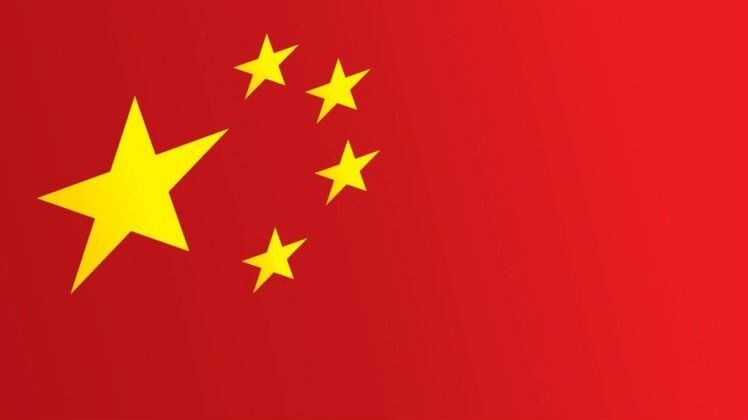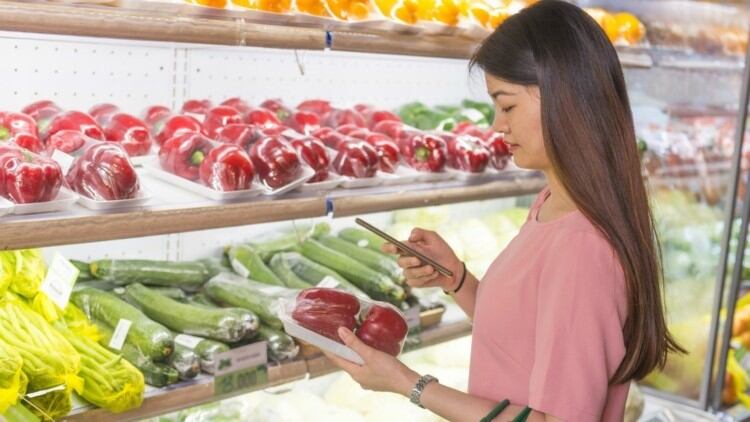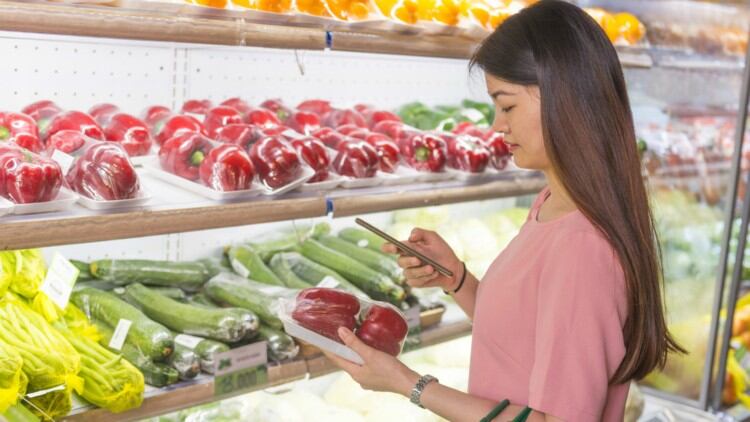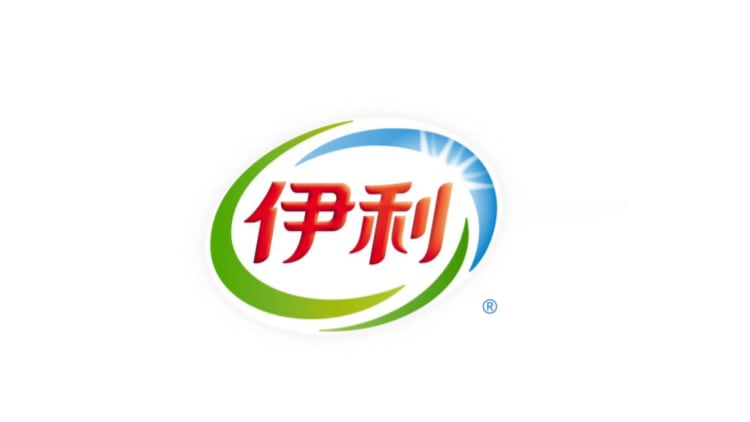Lumina Intelligence is an insights service operated by William Reed,, the publisher of FoodNavigator-Asia.
“Brands making ethical claims in China have half the number of Weibo followers than products making no claims. Premium trumps sustainability at present [in China],” Lumina Intelligence Analyst Oliver Nieburg told FoodNavigator-Asia.
A detailed analysis of over 150 of the bestselling products across chocolate countlines, chocolate tablets, coffee, black tea and green tea sold by five major retailers in the country (Vanguard, RT Mart, Tmall, JD and Suning) revealed that just 9% of products made sustainable claims.
This was far lower than other regions of analysis, including India (15%) and Australia (33%).
Only four international MNCs in China were found to make sustainable claims: Unilever, Nestle, Mondelez and Cemoi. Of the four, Unilever made the most claims, although this made up just 4% of all the claims made in China.
Based on absolute numbers, Unilever was also found to make the most sustainable claims on its products globally, as per the Lumina team’s analysis of 20 other countries across the Asia Pacific, Europe, Americas and South African regions.
Products making sustainability claims in China were also found to be generally priced lower than those which didn’t, which contrasted significantly with the general trend in these other countries. In India especially, the average price of sustainable green tea, black tea and chocolate products had higher price points than those that were not.
“Paradoxically, products with sustainable claims in China are cheaper than products without claims,” added Nieburg, saying that this was partly due to some premium products such as Guylian (Lotte), Lindt and Godiva not making any ethical claims.
“[Overall], China is still a playground for ethical communications,” he said.
Types of claims in China
The most common type of sustainability claim in China was found to be the Rainforest Alliance Certified seal.
Some others used Mondelez’s in-house sustainability programme symbol Cocoa Life, but no sign was seen of the International Fairtrade Certification Mark.
This was directly in contrast with India, Australia and all of the 20 other countries analysed, where Fairtrade was found to be the most prevalent sustainable claim.
“China is a blank canvass for fair trade claims,” said Nieburg.
He added that: “Whereas third-party certification seals dominate sustainable communications globally, company programme labels like Mondelēz’s Cocoa Life are more prevalent in China.”
Green tea leads the pack
As a category, green tea in China yielded the most sustainability claims at 57%, far surpassing its closest competitor black tea (29%) and chocolate tablets (14%).
Green tea was also found to rank at the top across all 20 countries analysed, taking an overall 25% across the board. In India, this trend was even more apparent, with green tea taking up 37% of all sustainability claims in total.
One exception here was Australia, which saw coffee taking the top spot at 31%, followed by chocolate tablets (24%) and green tea (20%).





